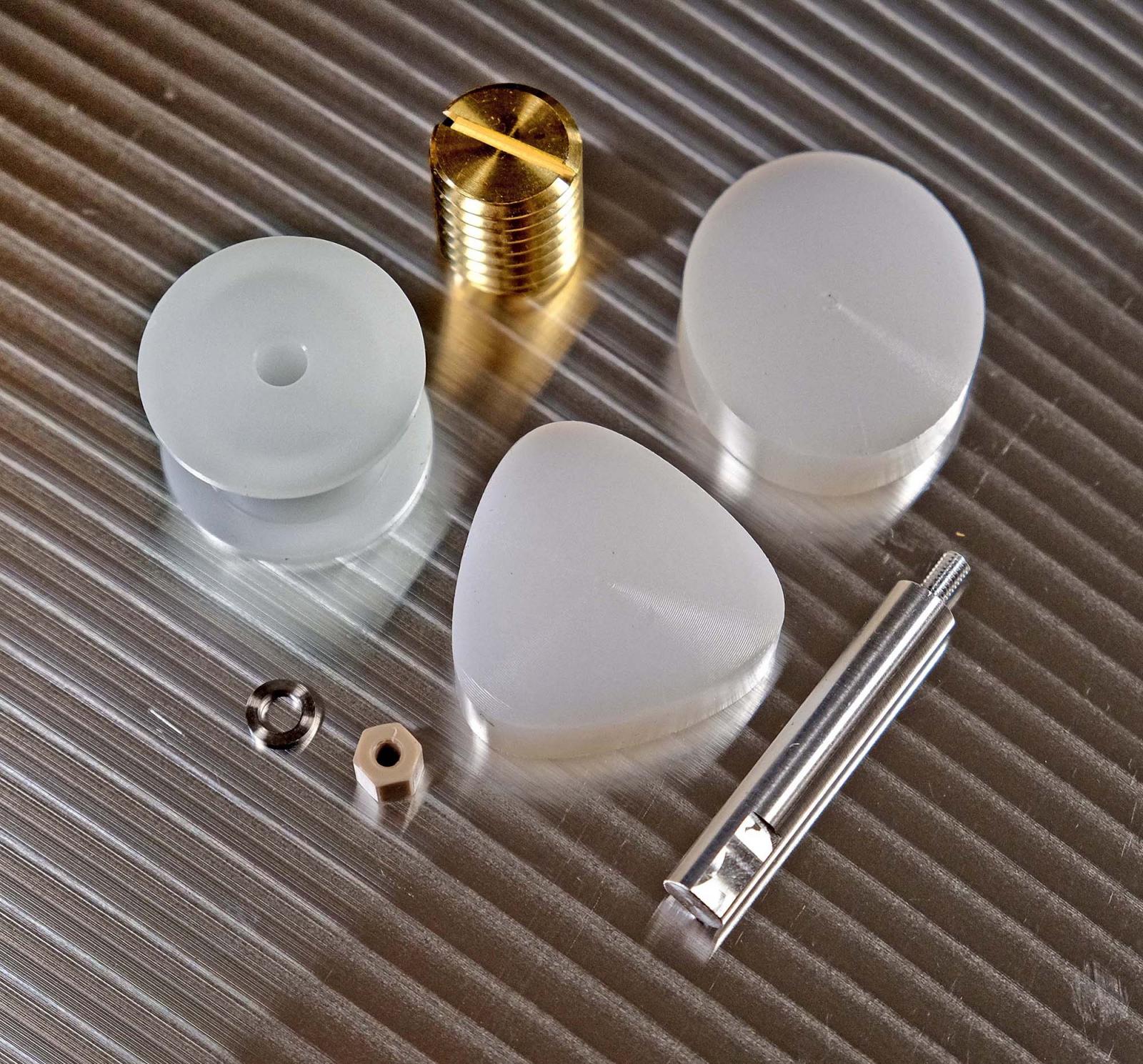
Plastic machining specialist Stratos Precision Engineering has increased its turning capabilities with its first sliding head lathe.
The Citizen Cincom L32-VIIILFV twin-spindle, 35mm capacity, bar-fed turn-milling centre joined a plant list of five fixed-head, single-spindle chucking lathes for turning parts up to 650mm in diameter.
Purchase of the 7-axis CNC Swiss-type lathe was part of an investment of more than £1 million since the fourth quarter of 2018, which has also seen the arrival at the Gloucester-based company of a new big bore lathe and a 3m by 2m automatic tool change CNC router as well as refurbishment of the 8,000 sq ft premises. During the same period, the number of staff has doubled to 16 and in the last financial year, turnover increased by nearly 50%t over the previous 12 months.
Stratos' managing director Jonathan Caple said, "For some years we had been looking at buying a bar-fed lathe to increase our competitiveness, win new business and enter new industries by machining larger quantities of parts with tighter tolerances. We favoured the sliding-head type over fixed-head lathes, as the short axis movements lead to higher productivity.
"The twin-spindle configuration and extensive driven tooling on the machine means one-hit production often supersedes two or three operations on different machines.
"However, to reap the full benefits of the investment, we need to be able to leave the machine to run 24/7 either unattended or with reduced labour overnight to maximise production output.
"That was previously impossible for us due to the stringy swarf that is produced when machining plastic, which regularly needs to be manually cleared by an operator."
Now Citizen’s LFV (low frequency vibration) software breaks up the
long strands of swarf normally generated when turning plastics into short lengths of just a few millimetres, preventing it from birds-nesting in the machining area and melting back onto the workpiece, which normally means scrapping the part.
A recent trend in the subcontractor's business has been a shift to machining more metals, notably aluminium for a large packaging machinery contract but also ferrous metals including stainless steel. This material also results in stringy swarf forming around the tool and workpiece and therefore benefits greatly from using Citizen's chipbreaking software.
The importance of improving turn-milling efficiency to increase competitiveness was reinforced when Stratos was required to produce 2,000 parts over a short period and the existing machinery would only achieve 400 per day. However with the new sliding-head machine and LFV technology, Stratos is now able to produce the 2,000 parts in 48 hours.